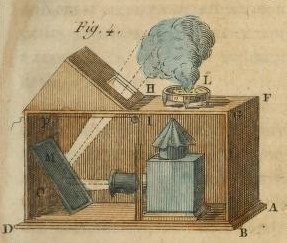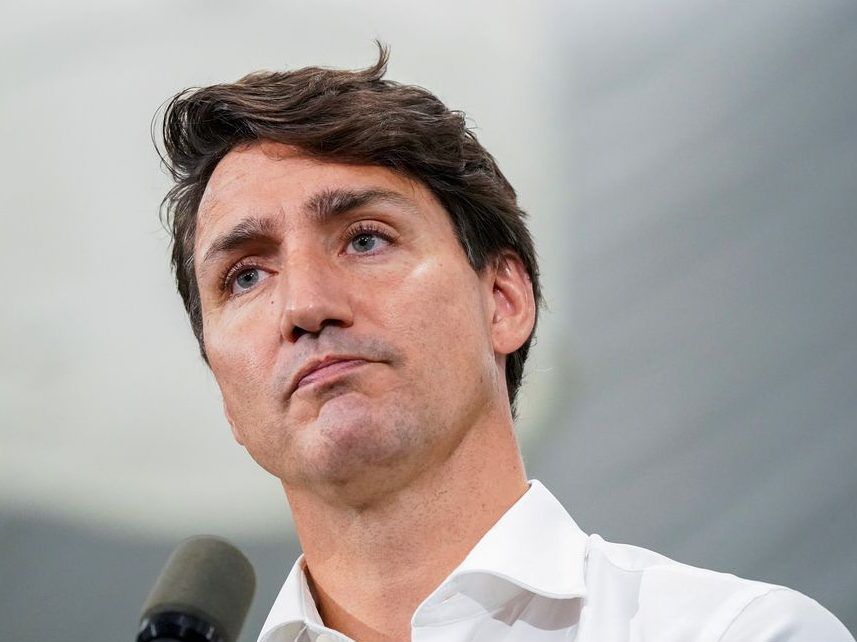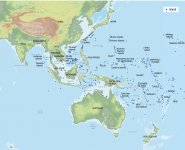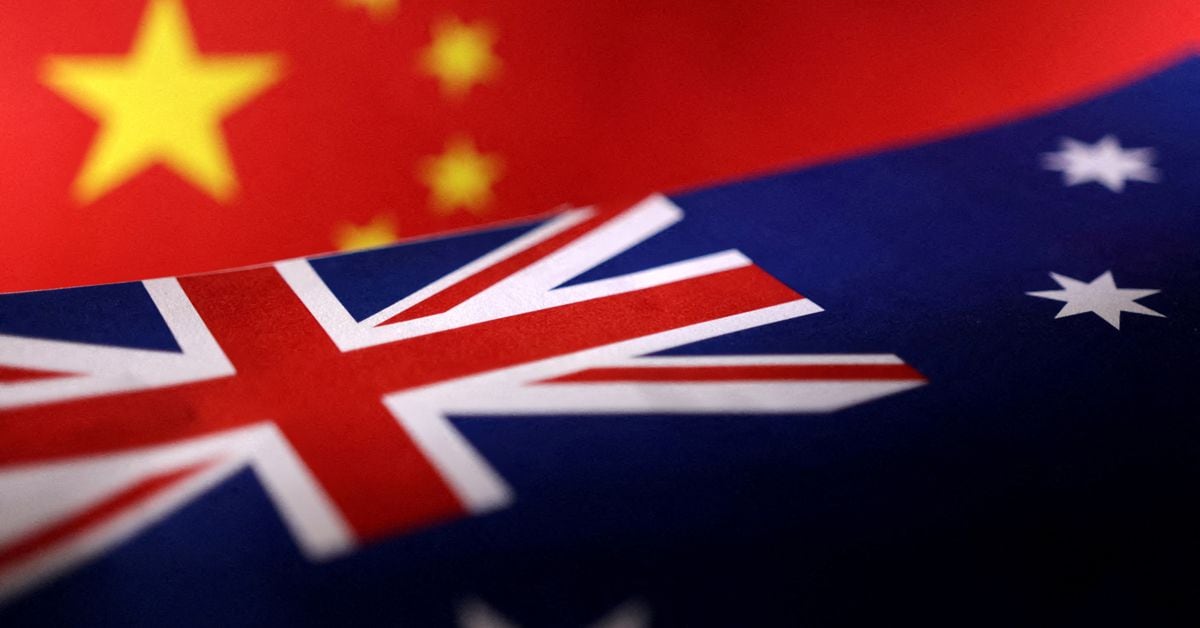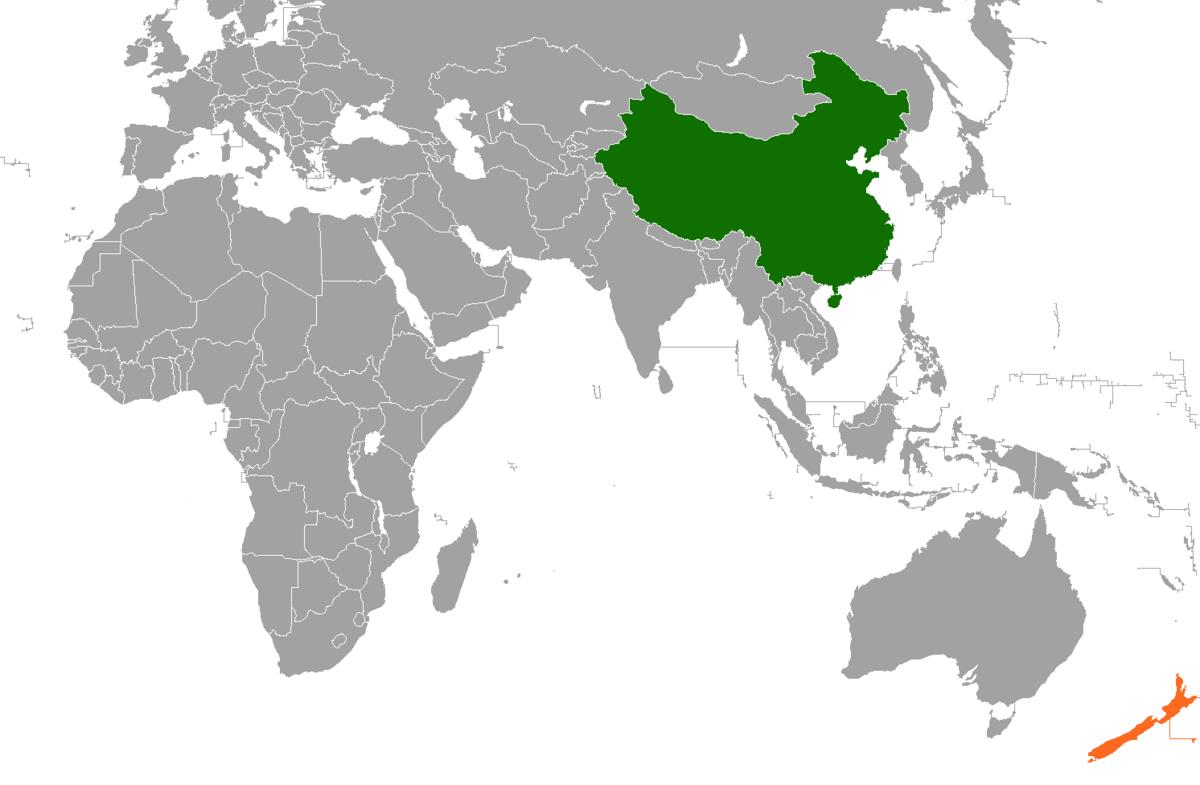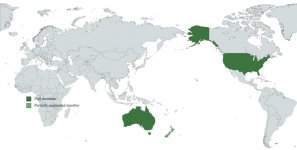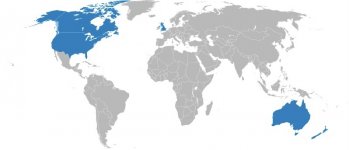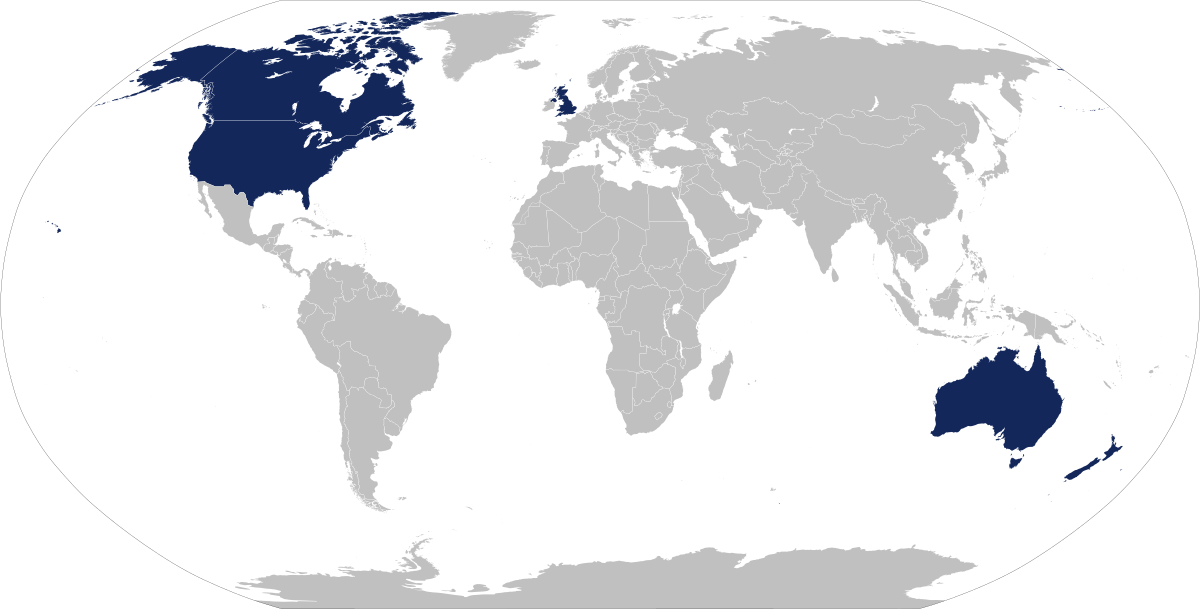Johnston would be wise not to spend any more time than necessary in proximity to a premiership that has been problematic for so many prominent people

apple.news
NDP Leader Jagmeet Singh says he's 'not satisfied' with his party's confidence-and-supply agreement with the Liberals — signed a year ago this week — because it's shown him he could do a better job running the country than the current government.

apple.news
NDP Leader Jagmeet Singh says he’s “not satisfied” with his party’s confidence-and-supply agreement with the Liberals — signed a year ago this week — because it’s shown him he could do a better job running the country than the current government.
“I'm not satisfied, because I don't want to just push government,” he added. “I want to be the one making the decisions for the interests of people, and having been in a position where I can actually influence decisions, I've seen how much better we would do if we were the ones calling the shots.”
Since the
Non-Coalition Coalition agreement was struck, Singh has yet to name a deal breaker.
The NDP sided with the Liberals in invoking the Emergencies Act to dismantle the trucker protests last year and have declined to pull their support for the government amid ongoing calls to hold a public inquiry into foreign interference.
"We always have the right, if the government breaks any conditions of the agreement, if they don't follow through with what we “forced” them to agree to, we have then the power or the option of withdrawing our support," Singh told his caucus in January.
Canadians will know by the summer whether former governor general David Johnston wants a public inquiry to probe Beijing's election interference and what the Liberal government knew about it.
Canadians will know by the summer whether former governor general David Johnston wants a public inquiry to probe Beijing's election interference and what the Liberal government knew about it.

apple.news
Canadians know right now that most MPs in the House of Commons voted in favour of calling for a public inquiry into foreign election interference Thursday, ramping up the pressure on the federal government following fresh allegations about China's ‘alleged’ meddling in Canada's affairs.
The NDP “Non-Binding” motion passed with 172 votes in favour and 149 against.
Most MPs in the House of Commons voted in favour of calling for a public inquiry into foreign election interference Thursday, ramping up the pressure on the federal government following fresh allegations about China's alleged meddling in Canada's affairs.

apple.news
If Prime Minister Justin Trudeau was going to take seriously foreign interference in Canada’s democratic institutions, it would have happened after he received the Aug. 30, 2019 annual report of the National Security and Intelligence Committee of Parliamentarians. (NSICOP)
After all, he created NSICOP in 2017.
It warned Trudeau that China was engaging in interference at all levels of government

apple.news
What happens in politics is important. And, sometimes, what doesn’t happen is important, too. Consider, for instance, CSIS and PMO, and their relationship. CSIS, of course, is the Canadian Security Intelligence Service. PMO is the Prime Minister’s Office. When I worked under Jean Chretien, it...

apple.news
The true threat to Canadian democracy from the infiltration of the Liberal Party of Canada by China’s communist government is not that the outcome of elections has been altered, but rather that the government has been compromised in its ability to serve Canadians by caucus members and staffers who are nearly as loyal to a hostile foreign power as they are to this country.
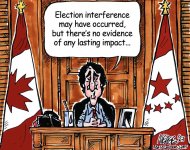
No one may serve two masters, not even a Liberal MP.
The threat is evident in the case of Toronto-area MP Han Dong, who resigned from the Liberal caucus Thursday to sit as an independent. Han Dong may well turn out to be innocent of colluding with China to keep two Canadians hostage, but there is more than enough evidence to assert the Liberal party has been co-opted.
The true threat to Canadian democracy from the infiltration of the Liberal Party of Canada by China’s communist government is not that the outcome of elections has been altered, but rather that the government has been compromised in its ability to serve Canadians by caucus members and staffers...

apple.news
Prime Minister Justin Trudeau was asked Friday by reporters about whether he believed Dong advocated for delaying the Michaels’ freedom.
The prime minister did not directly answer that question despite his office’s review of the conversation’s transcript.
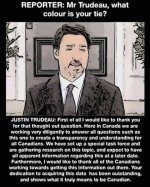
“Dong gave a strong speech in the House that I recommend people listen to. We fully accept that he is stepping away from the Liberal caucus in order to vigorously contest these allegations,” the prime minister said.
Since 2019, there have been three votes on Canada-China relations. One was to review “the Canada–China relationship,” the second a call to combat growing Chinese foreign operations in Canada, and third recognizing that authoritarian regimes like China “increasingly pose a threat to the rules-based international order.”
Dong voted with the entire or vast majority of the Liberal caucus against the three motions.
On Feb. 1, a Liberal motion was brought forward condemning China’s human rights abuses of the Uyghur minority in Xinjiang and called on the government to bring 10,000 Uyghurs and other Turkic Muslims to Canada.
Dong voted before and after the Uyghur genocide motion but missed the show of hands on the Uyghurs, which passed with the unanimous consent of all 322 MPs present. His absence was first reported by the
National Post.
In February 2021, there was a House vote to declare that China’s treatment of the Uyghurs constituted genocide.
Prime Minister Justin Trudeau and his cabinet abstained, but MPs were free to vote. Dong skipped that motion, which passed unanimously.
In 2021, a Conservative
motion sponsored by MP Michael Chong requested that the Public Health Agency turn over unredacted documents related to the shipment of viruses sent from
Canada’s National Microbiology Laboratory to Wuhan, China in 2019, and the subsequent firing of two scientists from the Winnipeg facility.
Dong voted with the nearly entire Liberal caucus against the motion, which nonetheless passed in Parliament.
In October 2022, Dong indeed
joined 323 MPs in voting for the politically sensitive country (Taiwan) to become a WHO member. And in June 2021, Dong joined all 327 MPs in favour of unanimously passing a Parliamentary committee motion to condemn Chinese sanctions levied against Conservative MP Michael Chong.
In February, Dong
publicly supported the Liberal government’s move to expand the open-work permit program for Hong Kong residents. Maybe it’s all just another liberal coincidence?
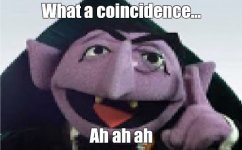
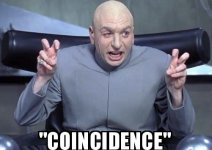
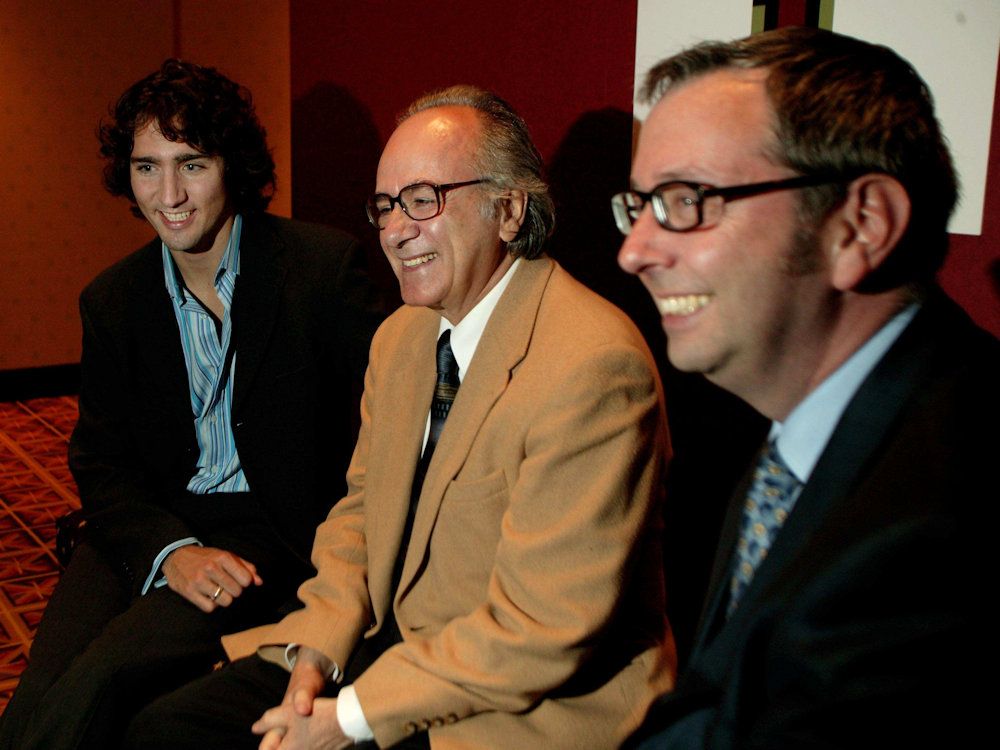
 nationalpost.com
nationalpost.com





